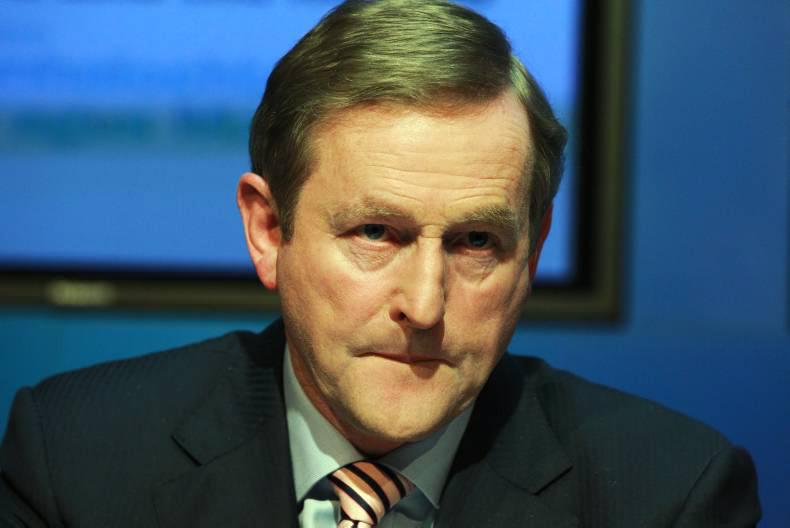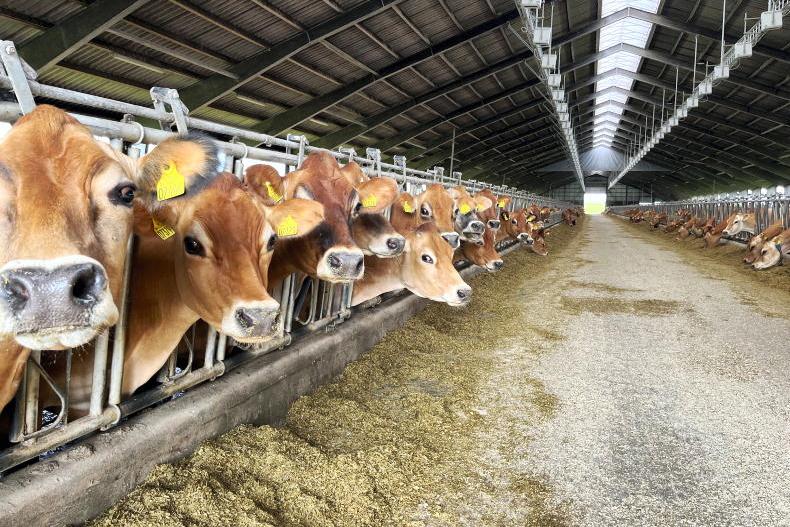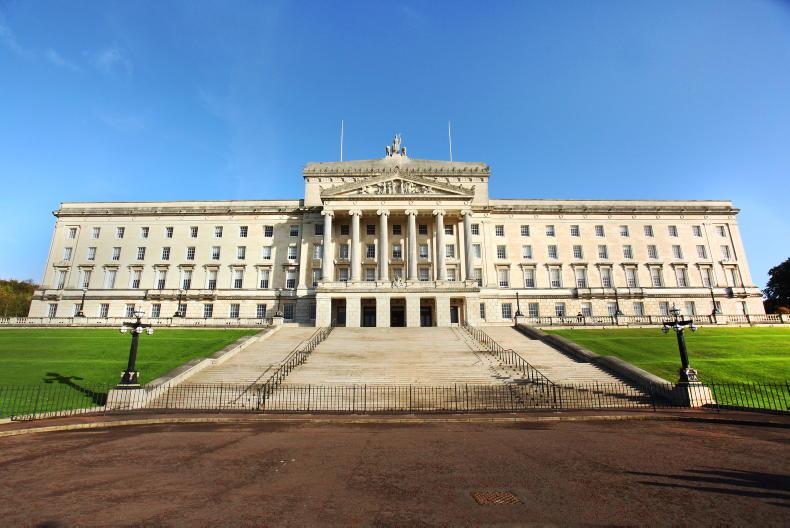An Taoiseach Enda Kenny has said a major “battle” lies ahead for Irish agriculture, in advance of a “watershed” meeting in December where legally binding climate change targets will be set.
If current carbon reduction rates for 2020 are rolled over to form 2030 targets, the Taoiseach said this would cost Ireland €5bn in fines. European leaders want to reduce emissions by 40% between 2020 and 2030.
Speaking exclusively to the Irish Farmers Journal at the Mayo IFA 60th anniversay celebration on Saturday, the Taoiseach said that climate change targets for agriculture, which are currently being discussed, simply would not work for Ireland. “We want the agri sector to grow, but it is not without its challenges,” Kenny said.
“The target set in terms of carbon emissions and controls from 2020 to 2030 are very difficult for Ireland to achieve,” Kenny added.
Last week, the Taoiseach met French president Francois Hollande where climate change and mitigation was high on the agenda. According to Kenny, Ireland’s and France’s interests are closely aligned on the climate issue and sees the need for greater co-operation between the two countries.
“[Climate change is] why I was in France last week to meet with the French president because they have a particular issue with agriculture as well,” Kenny explained.
Last October, the Irish Government secured special concessions for Ireland on emissions targets due to our dependence on agriculture.
There is now pressure on Irish officials to address European Commission concerns before the 2015 United Nations (UN) climate change conference in Paris in December, where legally binding climate targets will be set.
As a result of “inadequate” science research, Ireland could face fines of €5bn.
“My view is that the targets which were set for Ireland were based on inadequate scientific analysis and if you were to continue those targets and move on from those to 2030, it would make it impossible to meet that. I’ve spelt this out to the European Council already.
“The fines involved from 2020 to 2030 would be of the order of €5bn. We can’t afford to have a situation where we have completely unrealistic targets.
Realistic
‘‘And that’s why the Council of Europe gave their support last year in being realistic in terms of bringing forestry to make it somewhat easier for us to achieve targets. But we still have a big battle ahead,” Kenny argued.
“December in Paris [the UN meeting] will be a watershed in many ways in terms of the climate issue and we look forward to playing our part in that and will fight very hard with our European colleagues for [climate change] targets that are realistic,” Kenny concluded.









SHARING OPTIONS